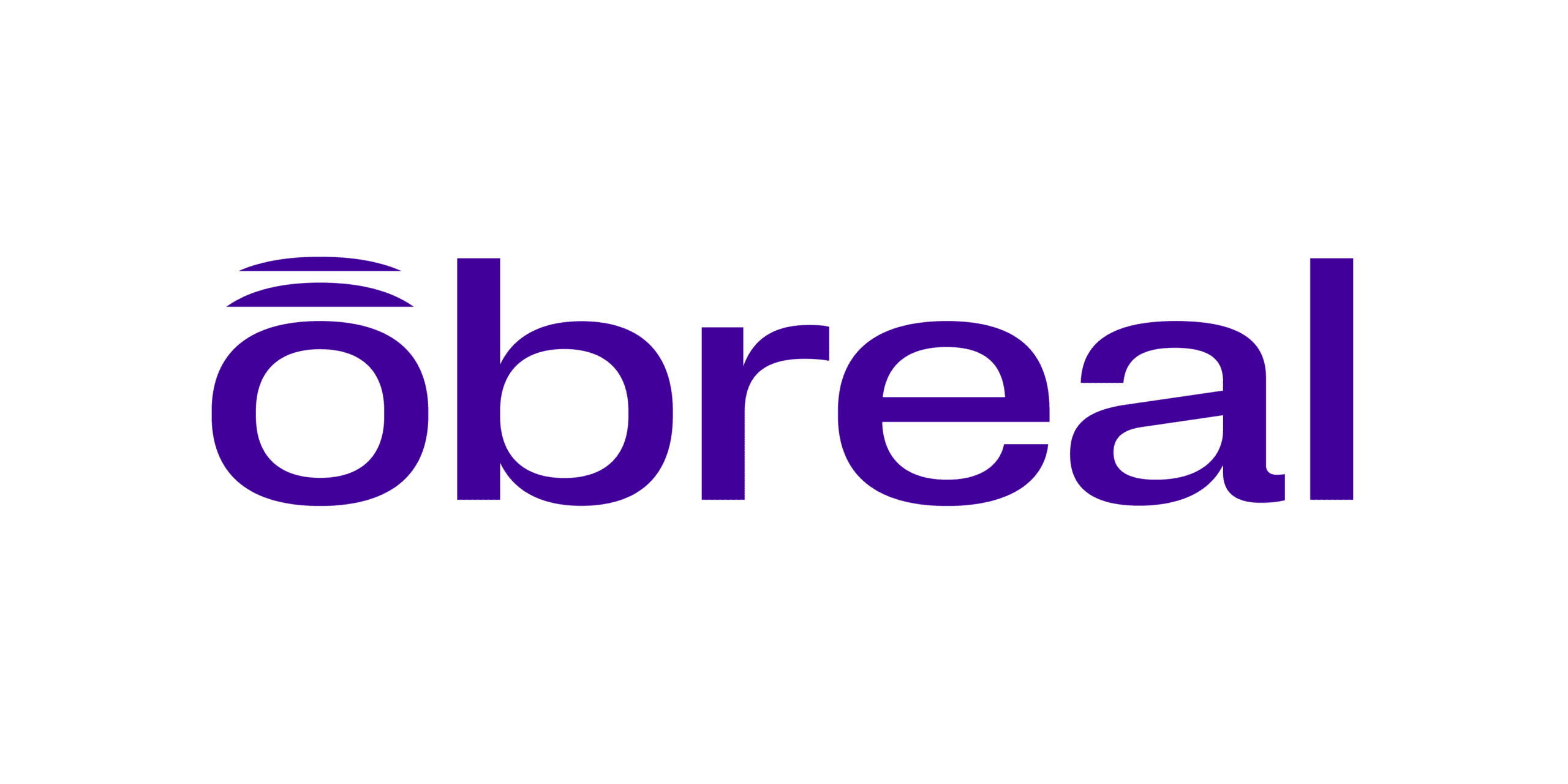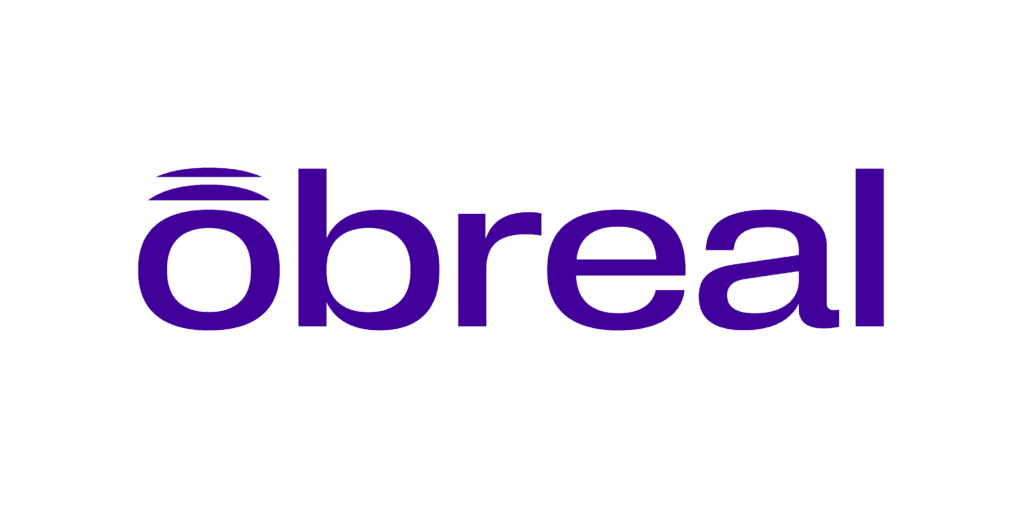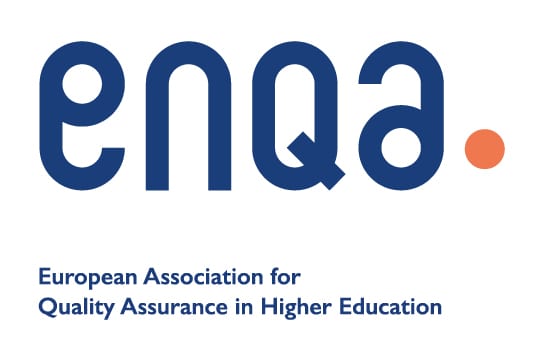Governance and management
Discover the organizational structure, consultative bodies, and strategic partners of the HAQAA initiative.
HAQAA3 is a very complex initiative that requires a coherent and inter-connected management and execution structures. The HAQAA3 Implementing Team is comprised of an Executive Committee, a Management Team and a General Coordination Team, leading experts per Work Area, project officers, and specialized units and structures linked to more political and longitudinal deliverables, such as the PAQAA Technical Unit and the Regional HE Data Units. Additionally, there are two bodies that provide strategic orientation and political endorsement: the Advisory Board, and the Steering Committee of Strategic Partners.
General Coordination
Executive Committee:
The Executive Committee is the highest strategic interface between the Implementing Team, the European Commission and the African Union Commission.
The Implementing Team:
The HAQAA3 Implementing Team oversees, manages and supports the implementation of the third phase of the HAQAA initiative.
Implementing Team consortium:

OBREAL: Obreal the coordinator, is a membership organisation of diverse, internationally oriented academic and research institutions; continental regional and national associations of universities; as well as individual researchers and professionals from Europe, Latin America, the Middle East, Africa and Asia. Its mission is to support South-South North(s) partnerships to address pressing developmental challenges. OBREAL guaranteed continuity from HAQAAA1 and brought extensive experience in regional and continental integration frameworks for higher education and quality assurance both from a theoretical and a practical perspective.

Association of African Universities: AAU is the only pan‐regional stakeholder body representing over 400 African universities in five African regions. It is the official implementing body of the African Union Commission’s strategy for Harmonisation in African Higher Education and has been hosting the AfriQAN secretariat. It supports institutional quality development as well as defining policies regarding higher education harmonisation. The AAU is also the entrusted official implementer and promoter of the African Quality Rating Mechanism (AQRM) ‐ one tool of the PAQAF – as mandated by the African Union Commission. The AAU hosts the PAQAA Technical Unit as an interim body to advance the continental quality assurance agenda.

DAAD: The German Academic Exchange Service (DAAD) is an independent organisation of German higher education institutions and their student bodies that promotes the internationalisation of higher education. The DAAD has demonstrated impressive investment in higher education internationalisation in Germany and globally and has a strategic commitment to cooperation with the Global South in the field of higher education. It has a long experience in Africa and is one of the only European higher education agencies that has invested in quality assurance training in higher education in different African regions over the course of the last decade. The DAAD has supported both the Eastern African Community as well as Western and Central Africa and SADC to advance in defining and applying regional quality assurance guidelines and in capacity development of quality agencies and institutions

ENQA: ENQA, which unites quality assurance agencies in the European Higher Education Area, is a consultative member in the Bologna Follow‐up Group (BFUG) and the founding member of the European Quality Assurance Register (EQAR). Providing a cooperation space for external quality assurance in Europe, it also engages in global dialogue and capacity building around the topic of quality assurance. It has coordinated the Technical Working Group that developed the ASG‐QA and the review methodology in the first phase of HAQAA and the pilot agency evaluations and consultancy visits of external quality.
Consultative bodies
Advisory Board:
The Advisory Board is a broader grouping of relevant stakeholders in African higher education, ranging from international organizations to university associations and QA networks. It meets once annually, to identify and establish synergies and seek generic, strategic orientation.
Strategic Partner Steering Committee
The Strategic Partner Steering Committee is comprised of 9 Strategic Implementing Partners, formally nominated and committed to the HAQAA3 initiative, each with designated roles in the contract implementation, communication and political promotion.
Strategic Implementing Partners:

SARUA – Southern Africa: A regional university organisation that unites public and private universities in SADC. SARUA has a strategic partnership with SAQAN (the Southern African Quality Assurance Network) and has prioritised quality management in HEIs as one of its key strategic priorities. SARUA “enables collaborative networks and partnerships that develop the institutional and human capacity of the region’s universities in order to make a distinctive contribution to regional development and integration.”

IUCEA – East Africa: A regional university association officially recognised and supported by the East African Community. It is the key stakeholder in the East African Higher Education Area and supports university quality enhancement via EAQAN, which it created, and the set‐up and further development of national QA systems and agencies in East Africa, according to East African standards and guidelines.

CAMES– West/Central Francophone Africa: An intergovernmental institution supporting universities in 17 countries in West and Central Francophone Africa in pursuit of higher education development. It runs capacity building programmes related to QA enhancement, accredits bachelors, masters, doctoral degrees and evaluates professors. CAMES is linked closely to a council of ministers of education in the region.

CNAQ – Mozambique (Lusophone): The National QA agency of Mozambique has been a champion of the continental harmonisation agenda and is strategic partner for Lusophone Africa. It coordinates a recently established network of Lusophone QA agencies in Africa, the RAAQES.

NAQAAE – Egypt/North Africa: The national accreditation agency for education in Egypt gas also been a champion for continental integration in quality assurance and contributed extensively to the development and translation of the ASG‐QA into Arabic.

ANAQ SUP: ANAQ SUP– Autorité nationale d’assurance qualité de l’enseignement supérieur, de la recherche et de l’innovation – is the main QA body of Senegal and has championed the establishment of RAFANAQ – Réseau africain francophone des Agences nationales d’Assurance Qualité de l’Enseignement supérieur, which hosts the Fédération des Cellules Internes d’Assurance Qualité.

Agence Universitaire de la Francophonie: The Agence Universitaire de la Francophonie (AUF) brings together more than 1,000 universities, grandes écoles, university networks and scientific research centres using the French language in 115 countries. Created 60 years ago, it is one of the largest associations of higher education and research establishments in the world. It also runs numerous programmes in Africa related to higher education governance and management.

All-Africa Students Union: All-Africa Students Union (AASU) is the largest student movement in Africa and a very dominant force on the continent and beyond. The All-Africa Students Union (AASU) organises all students in Africa – from primary school to tertiary institutions; it is essentially the umbrella organisation for all students in Africa.

European University Association: The European University Association (EUA) represents more than 850 universities and national rectors’ conferences in 49 European countries. EUA plays a crucial role in the Bologna Process and in influencing EU policies on higher education, research and innovation. Through continuous interaction with a range of other European and international organisations, EUA ensures that the independent voice of European universities is heard.

UNESCO: plays a pivotal role in advancing higher education in Africa through its Priority Africa framework, endorsed by its 41st General Conference in 2021, which aims to foster sustainable development and regional integration. As part of this commitment, UNESCO leads initiatives such as Campus Africa, designed to strengthen African higher education systems by promoting quality, inclusiveness, and innovation.
Technical Units and Task Forces
Africa HE Data Team:
A regionally and linguistically representative operational team that is directly versed in the PDU Development Team (constituted under HAQAA2) mapping report and road map, which can drive the set-up of the Regional Data Units, provide expertise and support and support the content development of the Data Capacity Building Programme.
ACTS Expert Team:
This team will design and oversee the ACTS Component, notably the State-of-the-Art study, the ACTS pilot and the development of the Training Materials for ACTS and a User’s Guide.
PAQAA Technical Unit:
Established under HAQAA3 as an interim body, temporarily assumes the roles envisioned for the future Pan-African Quality Assurance and Accreditation Agency (PAQAA). These roles include coordinating continental quality assurance efforts, supporting the implementation of the Pan-African Quality Assurance and Accreditation Framework (PAQAF), and conducting agency reviews against the ASG-QA.
ASG-QA Task Force:
This will be an extension of the Task Force constituted under HAQAA2. It will essentially be tasked with the ASG-QA revision that will begin in the end of year 4 of the contract. The revision will improve the drafting and clarity of both the ASQ-QA and the User’s Guide, where needed, based on feedback from stakeholders.





